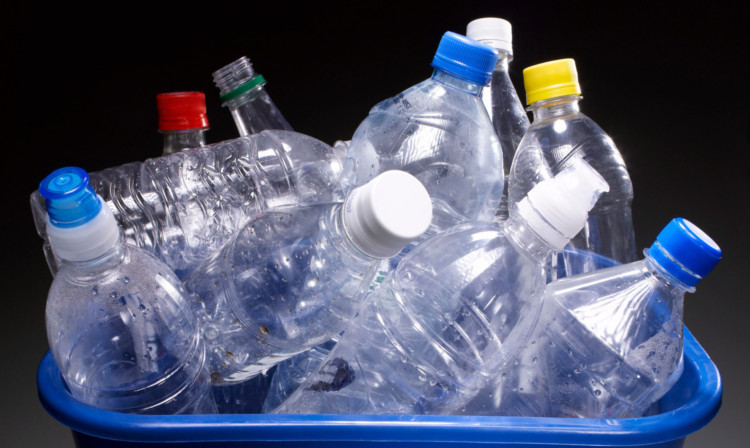Schemes which offer an incentive for recycling drink containers could help tackle Scotland’s litter problem, the environment secretary has said.
Richard Lochhead is to look at the feasibility of a wider Deposit Refund Scheme after watching it in action during a recent trip to Sweden.
Those schemes create an incentive for consumers to return their containers to retailers or specific collection points, encouraging them to recycle more and limit the number of containers going to landfill.
Mr Lochhead said the introduction of the scheme could help tackle the problem of bottles and cans littering communities, where on average four plastic bottles and three drinks cans are found every 100 metres of Scotland’s motorways and trunk roads.
The Swedish system, introduced for cans in 1984 and extended to plastic bottles in 1994, adds a small deposit to the cost of drinks which is refunded when the container is returned. The scheme is said to achieve recycling rates of 85%, generates high value materials to feed Sweden’s recycling industries, and has made a huge contribution to tackling litter.
In Scotland, eight different Recycle and Reward schemes have been piloted since the start of this year.
The programme, managed by Zero Waste Scotland, will help assess whether schemes which offer incentives such as vouchers, donations to charities or money back can increase recycling rates and reduce the amount of drinks containers going to landfill.
Mr Lochhead said: “Scotland is such a beautiful country and it disappoints me when I see litter blighting our landscape, so I want to make this a land where littering is no longer acceptable.
“The Deposit Refund Scheme in Sweden is a great example of how a country has promoted the benefits of recycling into everyday life whilst also having a positive impact on litter.
“The scheme has also created new industries and investment in jobs and skills to process these valuable materials something I want to see emulated for Scotland’s economy.
“It is a simple scheme which offers customers financial incentives to recycle glass bottles and cans, and it has clearly been successful in Sweden it’s akin to the popular system we had in Scotland some years ago, when many Scots took glass bottles back to shops and got some change back in our pockets.
“Scotland’s litter problem could be turned into a resource. At least half of littered items are suitable for recycling, such as plastic bottles and aluminium cans. This is around £1.2 million worth of material every year.
“We want to encourage more Scots to recycle and, in turn, help deal with our litter problem, so it is right that we reflect on how this model could work in Scotland.”
Each year, around 22,000 tonnes of plastic drinks bottles alone go to landfill in Scotland. It is estimated that it could be worth around £6 million to the economy.
